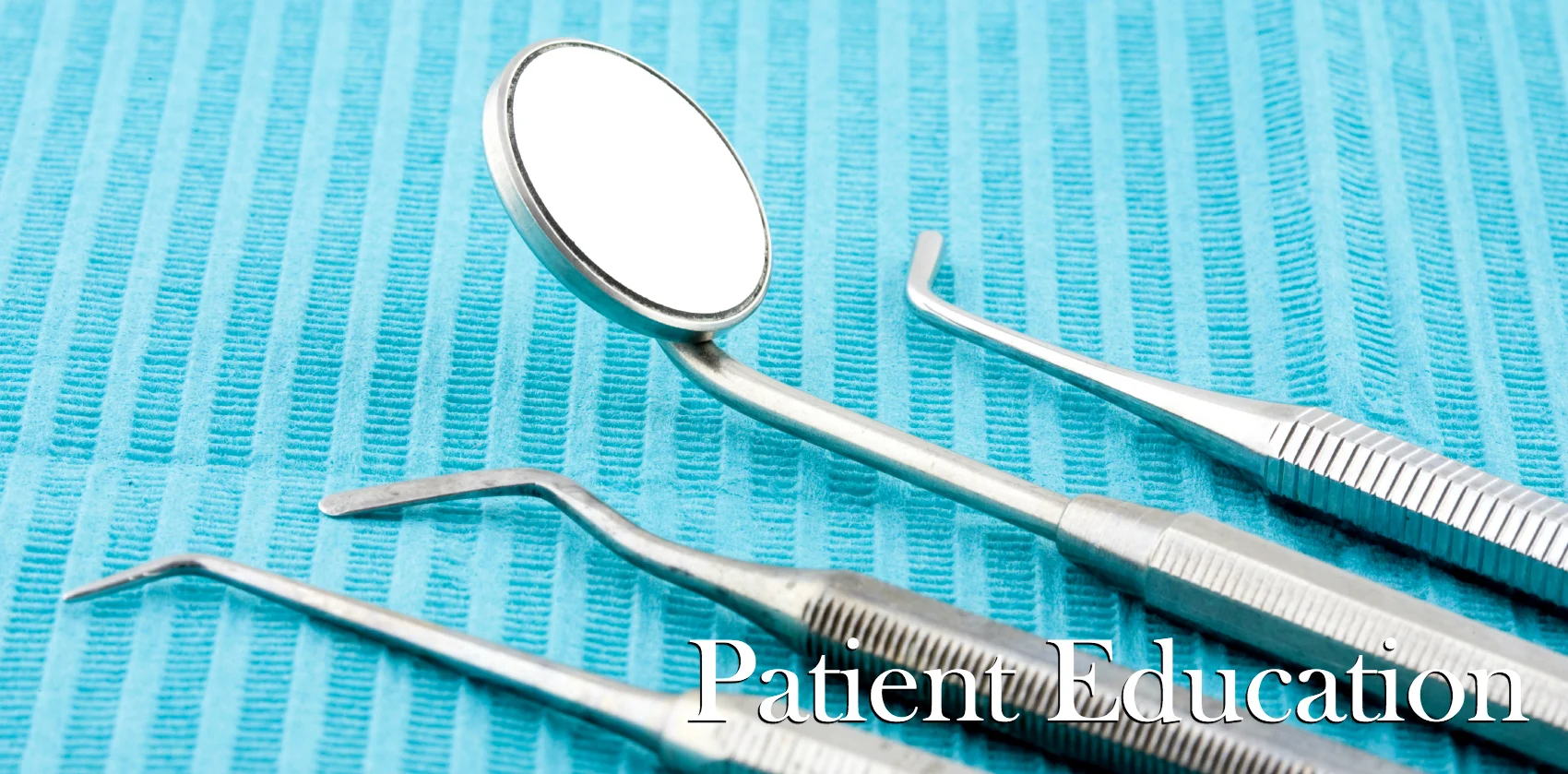Note: Never start taking any medication for the first time (even OTC products) without consulting a medical or dental professional first. Never exceed the prescribed dosing for a medication or use it in a method for which it was not designed.
Toothaches always seem to spring up at the least convenient times. Often enough, they show up 6pm on a Friday before a long weekend. When you can't get to a dentist right away, what should you do about your pain? In this article, we hope to give you some direction (and comfort) in helping your dental woes.
The first thing to do with any type of dental pain is give your general dentist a call. Even after hours, every office should have a means of getting into contact with either your own dentist or one of their associates. An exception to this would be excruciating pain, possibly combined with swelling, fever and warmth around a tooth. In these instances, your first choice should be to head to an emergency room, as this can be the sign of a serious infection.
Beyond getting into contact with a dental professional, there are a few steps you can take to reduce your symptoms. If the pain feels like it is coming from a tooth directly, we suggest taking an NSAID medication like ibuprofen (Advil). Most dental pain comes from pressure inside the tooth or bones, and is best treated by drugs (such as ibuprofen) with anti-inflammatory properties. We do not suggest taking any left over narcotics you may have on hand, as they are potentially harmful and will not stop the pain as effectively as an NSAID.
If your pain feels like it is coming from your gums, try flossing gently to see if you can dislodge any stuck food (popcorn kernels are the worst offenders). Beyond this, we recommend rinsing with warm salt water to soothe inflamed tissue. Never try to apply Asprin, Advil or other medications directly to the gums. This will only irritate the tissue and create more pain. We also suggest staying away from topical toothache creams/gels, due to their lack of effectiveness and potentially dangerous side effects.
If your pain has a specific trigger, make note of it and try to avoid using your teeth in that manner. Knowing what causes the tooth to flare up can be an important factor in diagnosing the exact problem. If you would like to know more about toothaches, dental pain or gum pain, please give our office a call!


